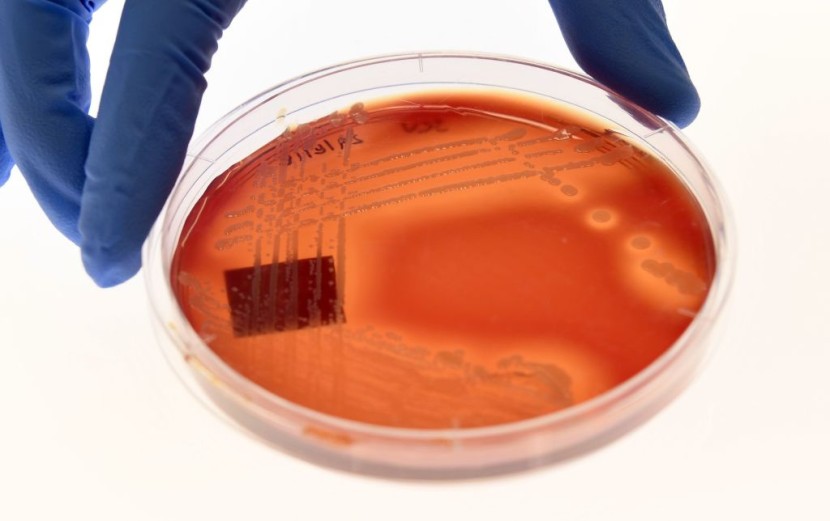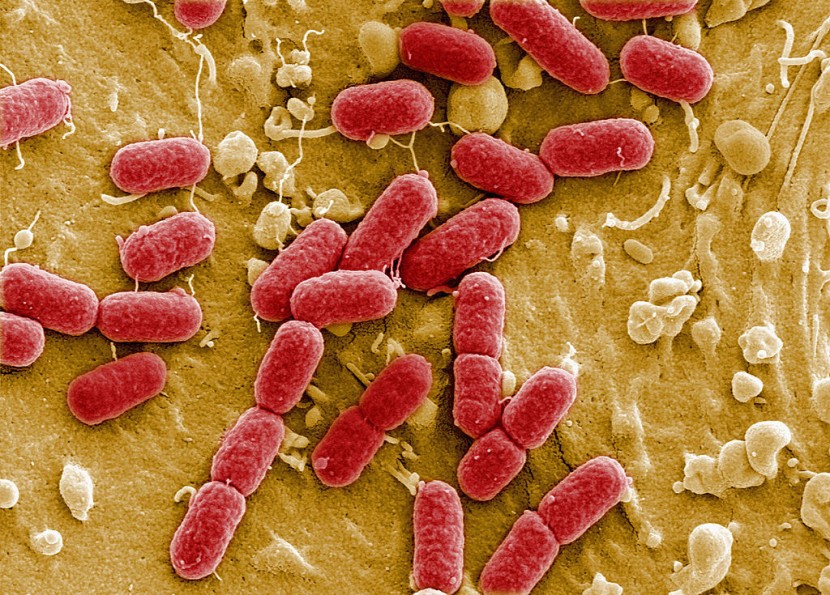A new anti-anti-resistant bacteria antibiotics class has been discovered for the first time in over 60 years. This is thanks to the help of artificial intelligence.

For the past few years, health experts have been concerned about the rise of drug-resistant bacteria, especially since they don't know yet how to effectively fend off these alarming infections.
In 2019, studies revealed that anti-resistant bacteria were responsible for over 1 million deaths. Medical researchers also warned that this number could increase in the coming decades.
Can the new anti-anti-resistant bacteria antibiotics change this predicted health crisis? Here's what researchers revealed.
New Anti-Anti-Resistant Bacteria Antibiotics Discovered by AI!
According to New Scientist's latest report, scientists and health experts at the Broad Institute of MIT and Harvard in Massachusetts tested the impact of over 39,000 compounds of three types of liver cells, Staphylococcus aureus compounds, as well as lungs and skeletal muscles.
They used their acquired results to train AI models so they could learn how to predict the antibacterial activity of such compounds and their potential toxicity.
These trained AI models used computer simulations to analyze 12 million compounds to find 3,646 compounds that could have ideal-like properties. Aside from this, involved scientists also used additional calculations that were able to identify chemical structures needed to explain each compound's properties.
After comparing the substructures in different compounds the AI models discovered new classes of anti-anti-resistant bacteria antibiotics, as well as two harmless compounds that can kill drug-resistant bacteria, such as MRSA and vancomycin-resistant Enterococci.
Health experts checked the efficiency of the new anti-anti-resistant bacteria antibiotics via mouse experiments. They specifically tested them in skin and thigh infection treatments caused by MRSA.
The results were great since each of the compounds was able to reduce the MRSA population by a factor of 10.
Importance of Newly Discovered Antibiotics

The newly discovered anti-anti-resistant bacteria antibiotics showed that artificial intelligence can really help in finding medicines that can save lives.
"Our [AI] models tell us not only which compounds have selective antibiotic activity, but also why, in terms of their chemical structure," explained Felix Wong, one of the study's lead authors, via EuroNews.
He added that their work was a big deal for the health industry since they are the first to identify a new class of antibiotics, which complements other antibiotics, in over 60 years.
© 2026 HNGN, All rights reserved. Do not reproduce without permission.








